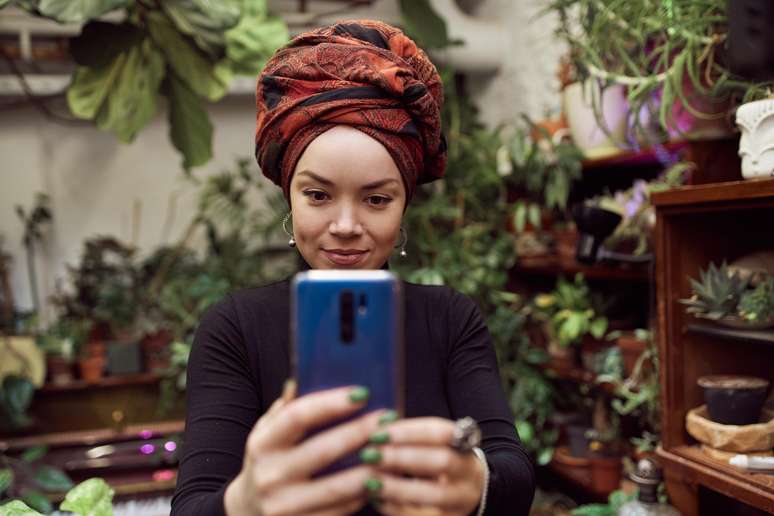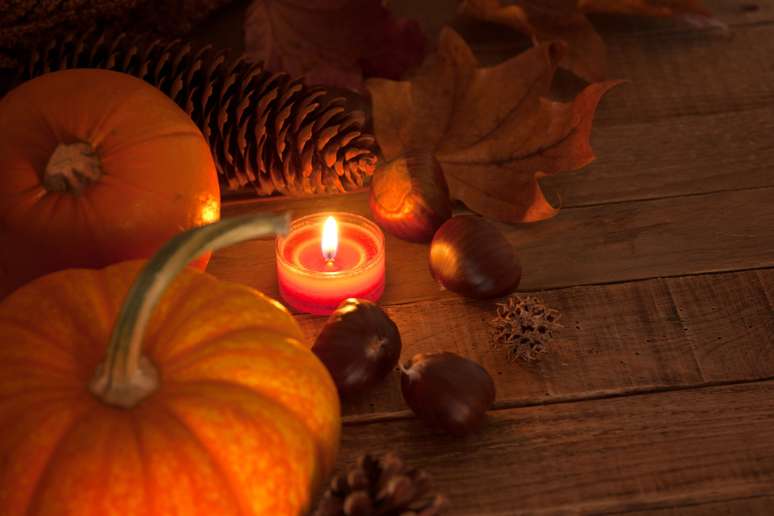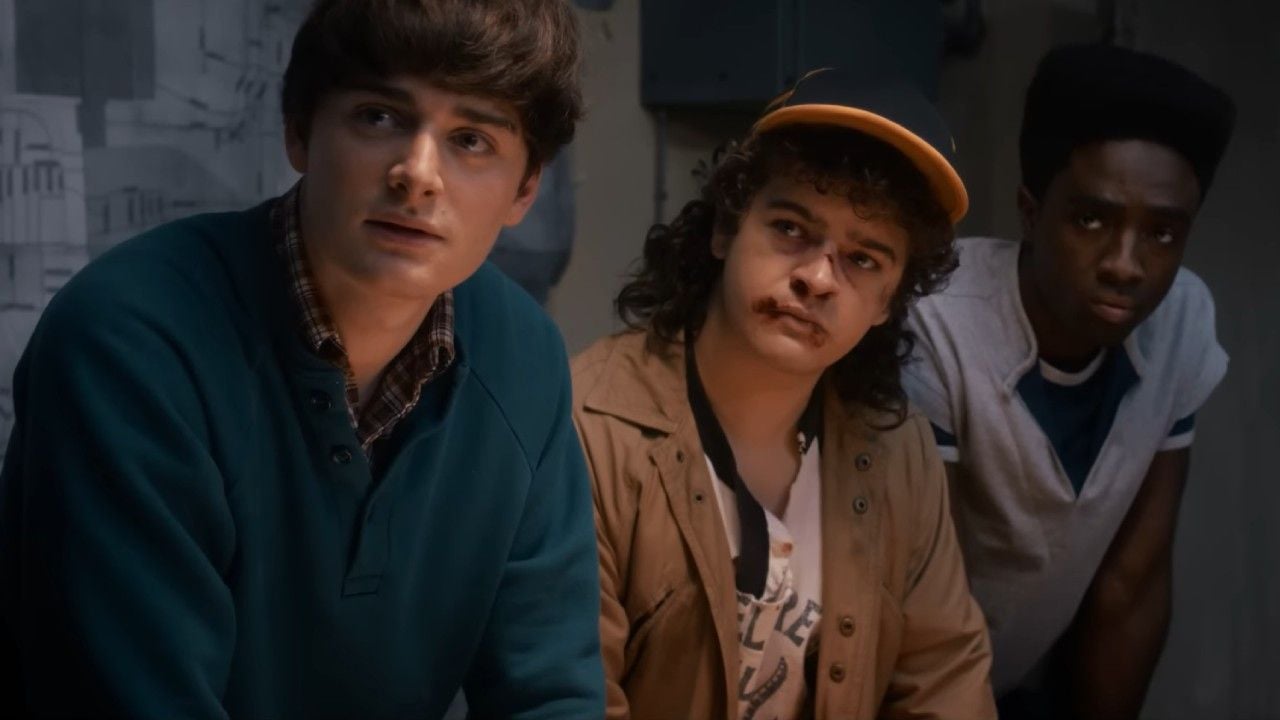With the popularization of virtual services, tarot has left the physical office and reached the screens
Tarot has never been so accessible. From video conferencing to mobile applications, card reading has crossed geographical and cultural boundaries, becoming one of the most sought-after spiritual practices in the digital environment. This transition, which began with the coronavirus pandemic, has not only kept the esoteric tradition alive, but has also given rise to a new billion-dollar market.
According to a survey by Grand View Research, the Latin American market for astrology and spirituality applications grew from $38.9 million in 2019 to $205 million in 2024. In Brazil, the spiritual wellness sector generated approximately $56 million in 2023, with a projection of more than $140 million by 2030.
For the fortune teller Lorena Pinheiro this phenomenon is not only technological, but social.
“The pandemic has made the public more digital, younger and more connected. People have started looking for spiritual guidance without having to leave their homes. The objection to physical presence has disappeared,” he says.
Connect beyond the screen
For many the question persists: do online tarot cards “work”? Lorena is emphatic in her response.
“Physical presence facilitates exchanges and reading of the body, but it is not a condition for a deep consultation. Energy does not depend on distance, but on intention. When there is concentration and true listening, the energy field is formed in the same way”, he explains.
She says she guides each client to prepare the environment before the reading – lighting a candle, breathing, creating a symbolic space – which helps establish the same level of concentration and attunement achieved in face-to-face consultations.
“I have clients in Canada and Australia, and the depth of reading is the same. The ritual remains the same, only the medium has changed,” he says.
Democratization and new publics
Online fortune telling, according to Lorena, has broken down class and place barriers, becoming an accessible channel of self-knowledge for those who previously would not have had access to this type of service.
“Today, a mobile phone with a 4G connection is enough to come into contact with tarot cards. This is a silent revolution. Ancestral practices are still alive, but they reach people in new ways”, he underlines.
The public has also changed: there is a strong growth in women between 20 and 35 years old and entrepreneurs who look to tarot cards as a professional orientation tool. Social networks, particularly Instagram and TikTok, have popularized quick prints and explainer videos, helping to demystify the topic.
Trust and digital ethics
The rise of tarot and astrology platforms has also raised concerns about the credibility and security of online consultations. Lorena emphasizes that the first step is to research who is behind the service.
“What guarantees safety is the combination of transparency, ethics, secrecy and professionalism. A good professional explains the method, respects the limits and maintains absolute confidentiality”, he advises.
He recommends avoiding websites without clear identification, promises of “miracles,” or foolproof predictions. “Tarot is not about instant divination. It’s about clarity and respect,” he summarizes.
The balance between tradition and technology
With the advent of artificial intelligence, applications now offer automatic print runs and instant interpretation. Lorena, however, believes that human intuition is irreplaceable.
“Technology broadens the scope, but does not replace humans. Artificial intelligence can process symbols, but only humans can interpret them with empathy and experience,” he explains.
For her, the future of esotericism will be a fusion of tradition and innovation, where the algorithm acts only as a bridge – and not as a substitute for symbolic and emotional experience.
A new cycle for the sacred
With more than 85% of Brazilian urban homes connected to the Internet, digital spirituality is no longer an exception: it is part of everyday life. Online tarot consultation has established itself as a space for emotional support and reflection, adapted to new routines.
“Tarot cards are a symbolic language, not a place,” concludes Lorena. “What matters is the connection between people. And this, fortunately, technology does not separate, but expands.”
Source: Terra
Ben Stock is a lifestyle journalist and author at Gossipify. He writes about topics such as health, wellness, travel, food and home decor. He provides practical advice and inspiration to improve well-being, keeps readers up to date with latest lifestyle news and trends, known for his engaging writing style, in-depth analysis and unique perspectives.






-1h821s1qdd2r5.png)


